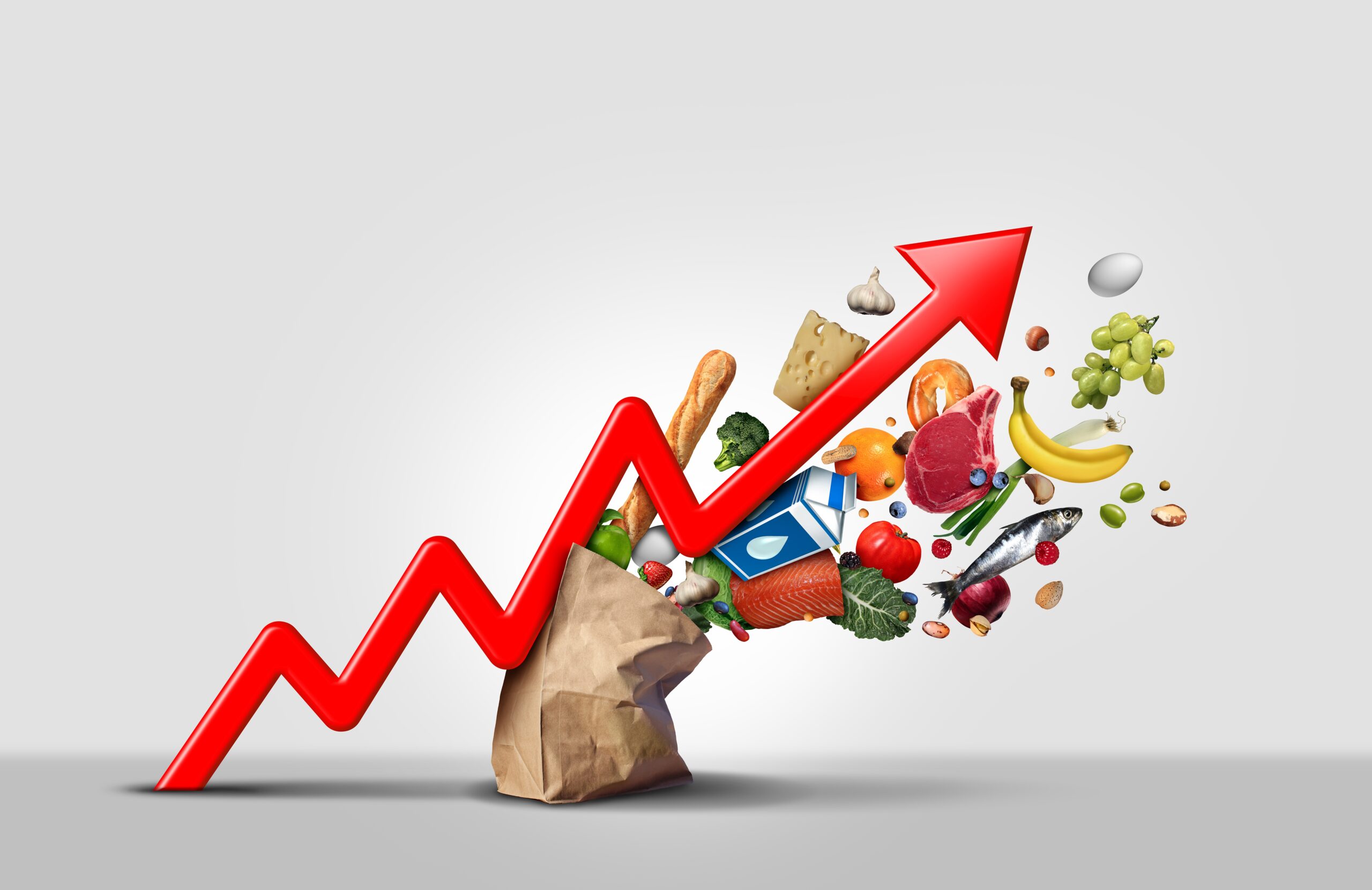Current News in Cuba: A Comprehensive Overview
Cuba, a nation known for its rich history and vibrant culture, is currently facing significant economic challenges and social unrest. Recent events have highlighted the struggles of everyday Cubans as they navigate a deteriorating economic landscape. Below is a detailed summary of the latest news and developments in Cuba, focusing on protests, economic measures, and international relations.
Protests Erupt Amid Economic Crisis
On March 18, 2024, hundreds of protesters took to the streets in Santiago, Cuba's second-largest city, demanding basic necessities such as food and electricity. This demonstration is notable as it marks one of the rare instances of public dissent in recent years, reflecting the growing frustration among Cubans over the worsening economic crisis. The protests were sparked by ongoing blackouts and severe shortages of essential goods, which have become increasingly common in the country.
The Cuban government has faced criticism for its handling of the economic situation, with many citizens expressing their discontent over the lack of effective solutions. President Miguel Díaz-Canel has attributed some of the challenges to external factors, particularly the United States, which he claims exacerbates the situation through sanctions and other measures.
Related Protests and Government Response
In addition to the protests in Santiago, there have been reports of similar demonstrations across the country. The government has responded with a mix of repression and propaganda, attempting to downplay the significance of the protests while simultaneously cracking down on dissent. The situation remains tense, with many citizens feeling that their voices are not being heard.
Economic Measures and Shortages
In response to the ongoing economic crisis, the Cuban government has announced a series of tough economic measures aimed at stabilizing the economy. These measures include:
- Raising prices for basic services
- Cutting subsidies on essential goods
These changes have alarmed many Cubans, particularly in Havana, where the cost of living has skyrocketed. The government's decision to reduce the size of the daily bread ration by 25% due to ingredient shortages has further fueled public discontent. This rationing system, established by the late Fidel Castro, was designed to provide basic food security but is now under severe strain.

Impact on the Private Sector
As the economic situation worsens, the Cuban government has also tightened regulations on the private sector, which had been experiencing a period of growth. New laws aimed at regulating private businesses have raised concerns among entrepreneurs, who fear that these measures will stifle innovation and economic recovery.
International Relations and Diplomatic Visits
In the realm of international relations, Cuba continues to engage with various countries despite its economic struggles. Notably, Vietnam's top leader, To Lam, is scheduled to visit the United States and Cuba next week. This visit is significant as it highlights Cuba's ongoing diplomatic efforts to strengthen ties with other nations, particularly in the context of its economic challenges.
Summary of Key News Sources
For those interested in staying updated on the latest developments in Cuba, several reputable news sources provide comprehensive coverage:
- NBC News: Reports on the protests and economic measures, including articles like Cuba protests amid economic crisis.
- Al Jazeera: Offers in-depth analysis and updates on the situation in Cuba, including articles on the protests and government responses.
- Reuters: Covers economic developments, including the reduction of bread rations and the tightening of regulations on the private sector.
- Miami Herald: Focuses on local and breaking news related to Cuba, including political developments and the Cuban expatriate community.
Cuba is currently at a crossroads, facing significant economic hardships and social unrest. The recent protests reflect a growing discontent among the populace, driven by shortages and rising prices. As the government implements tough economic measures and tightens regulations on the private sector, the future remains uncertain for many Cubans. The international community is watching closely, as diplomatic relations and external factors will play a crucial role in shaping Cuba's path forward.
For ongoing updates, readers are encouraged to follow the latest news from reliable sources to understand the evolving situation in Cuba.





